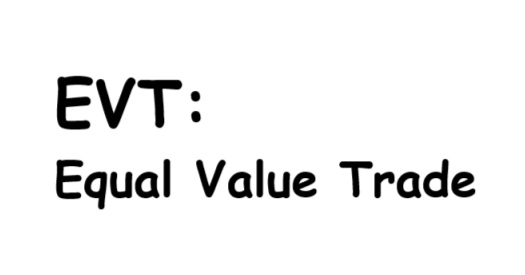(Elavalagan, November 13, 2024)
Two tools of global cross-border trading of the early days are naturally grown into two pillars of the global economy; one is the US dollar and the other is the global financial messaging system SWIFT (Society for Worldwide Interbank Financial Telecommunications). These two readily available financial tools made recent globalization much easier. And for obvious reasons, both of them were under the control of the US and the West.
None of the above two were designed to be used as financial weapons by the creators. But, unfortunately, the later days’ leaders of the West started to use these global financial tools as the weapons of first choice to control unwanted and uncontrollable nations and eventually against the people of those powerless nations.
To free their nations from SWIFT and the US dollar, China has been fast pushing for CIPS (Cross-border Interbank Payment System) since 2015 – with some success and Russia is pushing for SPFS (System for Transfer of Financial Messages) since 2017 – with little success. There are few others too.
But the smaller nations of the world and their tiny economies have no way to escape from these two financial claws of the bigger and powerful nations. Therefore these smaller and powerless nations should be creative to protect their own cross-border economy.
One of the smarter ways for the smaller nations to protect their own cross-border economy is to implement Equal Value Trade (EVT). EVT would be a perfect sanction-free, growth oriented cross-border trading system for the small and powerless nations.
While the currently existing dollar and SWIFT based export and import can continue as is, EVT can be implemented in parallel. Therefore there won’t be any interruptions to ongoing cross-border trades. EVT needs no big capital or massively expensive mechanism to implement.
EVT would free smaller nations and their global economy from foreign currencies like the US dollar and the cross-border financial systems like SWIFT. Even foreign reserves are also not needed.
The idea behind EVT is nothing new. Goods-to-goods (or services) exchange has been the way of trading before humans have invented currencies and banking systems and it is called barter. Barter is trading of goods (or services) without the use of any monetary mediums like cash.
And still each pair of EVT implemented countries may exclude some selected items from import and export for valid reasons such as e-coli spread or lost harvest due to lack of rain in the exporting country or over production in the importing country.
Free trade agreements (FTA) on the other hand are big and need years-long heavy lifting to implement and it is mostly possible between economies of equal sizes. In the long run, free trade may also become a disadvantage for one of the participating countries. Industries in FTA may relocate to another participating country to save money or escape from local laws. That will lead to loss of employment and tax revenues in the country. Luckily, EVT eliminates all those shortcomings.
In summary, EVT would work as follows:
1) Any country, small or big, can implement EVT trade agreement with any other communicating nation(s) while continuing to use whatever cross-border system they are currently using. And it is not necessary to have any limit in EVT trade since all imports are creating equal value exports.
2) Each paired import and export should be equal in value. The value can be calculated in dollars, gold or any other known and acceptable meaning. But no monetary payments can be made in full or partially for the trade. These trades are goods-for-goods transactions only. Therefore these trades are free from any currency and financial messaging and banking systems.
3) EVT departments of the participating countries should regulate and monitor trade activities to confirm no violations are taking place. But regulators will not participate in trading, instead they will only confirm each pair of import and export is truly equal in value and import and export are actually taking place. Quality and the quantity of traded goods should be verified by the importing and exporting parties, not the government departments.
False recording of import or export and manipulated values of the transactions should be treated as financial high crime and should be punished as such.
For example, a company in Sri Lanka, a country that produces tea, could export $10 million worth of tea to Iran and import $10 million worth of oil from that company in Iran.
a) Here no payment is involved and no banking or financial messaging system is utilized.
b) Since each import is equally supporting export of a local product, they are free of any tariff in both countries.
c) There is no foreign exchange reserve needed to pay the fund.
In fact a similar payment method was used in 2024 when Sri Lanka ran out of foreign reserves to pay for the oil purchase from Iran. Sri Lanka exported $55 million worth of tea to Iran to settle part of $251 million oil debt. But it was an ad-hog process; there wasn’t any well-structured mechanism to handle goods-to-goods trade.
Further, the exporting and importing parties may join forces directly to trade their goods. Alternatively a new breed of middle-man industry may flourish that would do the match making between the exporters and importers. If an exporter is exporting $1 million worth of coconut and getting back $1 million worth of apple, the exporter may find a local company that could take over the apple and pay for it using local currency. Alternatively a middle company may find a buyer for imported apples or vice versa.
A county is not a really free country unless it can always control its cross-border trading. Without that level of freedom, its national flag and national anthems are just for ceremonial purposes only.

